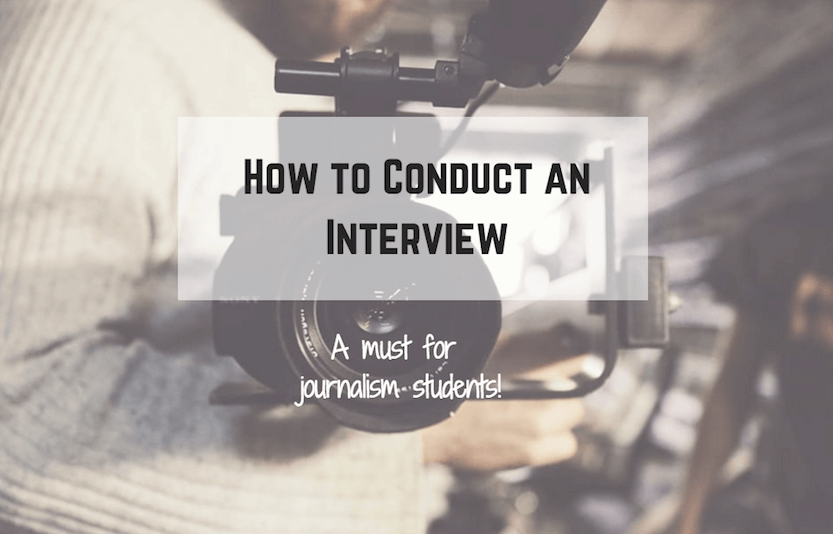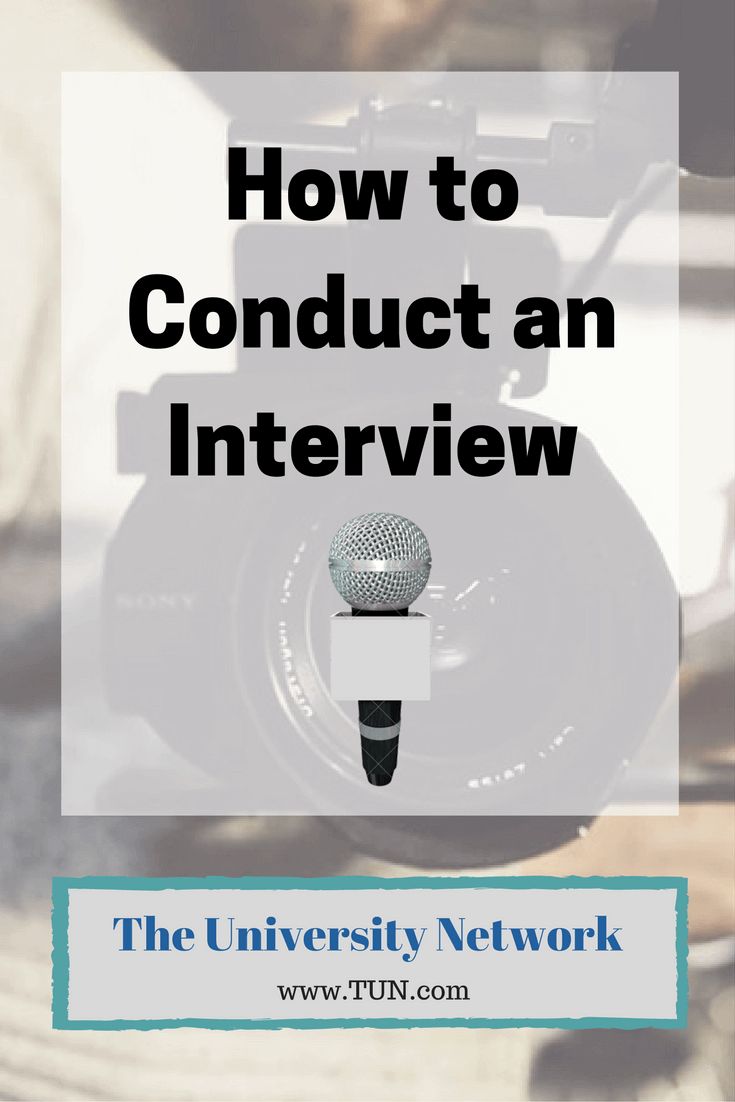So, you have your interview set. You have a date, time and location. Now you’re nervous about the actual interview! You might be a journalism major or just stuck taking an elective class that requires you to interview someone. Whatever the reason you’re reading this, the bottom line is: you’re looking for help.
Here are some tips that could be useful for a phone or a face-to-face interview.
1. Do your research
Yes, there’s a step before the actual interview: research your topic beforehand. If you’re interviewing someone who has their bio or articles about them online, read them. You want to show your interviewee that you’re a professional and not just some college kid. If you’re not an expert on the topic of the interview, read up on it. Let’s say you need to interview a person in a science field and you don’t know anything about that field — then make sure you at least understand the basics going into the interview!
2. Write/type your questions
This may sound obvious, but it’s very important. Make sure you plan out your questions so that when you ask them it’s in a cohesive manner. Oftentimes you will go off script and ask follow up questions that you didn’t anticipate, but if you feel like the interview has gone in the wrong direction, having your questions with you can serve as a great reminder as to which question to ask to bring the interview back on the right direction.
3. Determine how you will take notes
Before you start your interview, ask the person you’re interviewing for permission to record the interview. Nowadays, journalists are blessed with technology that makes their jobs so much easier. Plan ahead on how you will be recording your interview. Are you going to be using your phone to record, or a tape/voice recorder? Will the video be recorded on camera? There are even apps you can use to record a phone interview. No matter which method you choose, you should always have a backup in case something goes wrong with your original plan. The best fail-safe is to always bring a notebook or paper to jot down notes as the interview progresses.
4. Start off light
If you’re nervous, chances are the interviewee might be too! Don’t start the interview with your main questions; work up to it. You want to make the person feel comfortable. Tell a joke, ask them about their background, ask them about their day or weekend. It’s important (depending on the topic) that the interview feels almost like a conversation. When they’re comfortable, the interviewee will give you better answers and might even let slip some information they weren’t planning to.
5. Don’t ask dumb questions
In school they teach us that there are no dumb questions. Well, they’re partly right. If an interviewee brings up words or a subject that you’re clueless about, don’t be afraid to ask for clarification. A good interviewer should be naturally inquisitive, so don’t be afraid of looking dumb — after all, you’re there to ask questions! Now, what you should avoid is sounding repetitive. Don’t ask the same question multiple times — it’ll appear to the interviewee as though you’re not listening. Also avoid unnecessary questions that could be answered by something like a bio on a website. For example, don’t ask a question like “where did you grow up” if you know that the person grew up in Chicago. But, “I read that you grew up in Chicago, what was that like?” is a good question.
6. Ask open-ended questions
A good interviewer draws out the information he or she needs from the interviewee. The easiest way to do this is to ask open-ended questions. If you only ask questions that can only have yes or no answers, then you haven’t learned anything from the interviewee. “What are your thoughts on what happened?” is a good example of an open-ended question. Always ask for your interviewee’s opinions. Do they agree or disagree? Why? “Yes” or “no” questions are a necessary part of interviews, but always plan a follow-up question if it fits.




